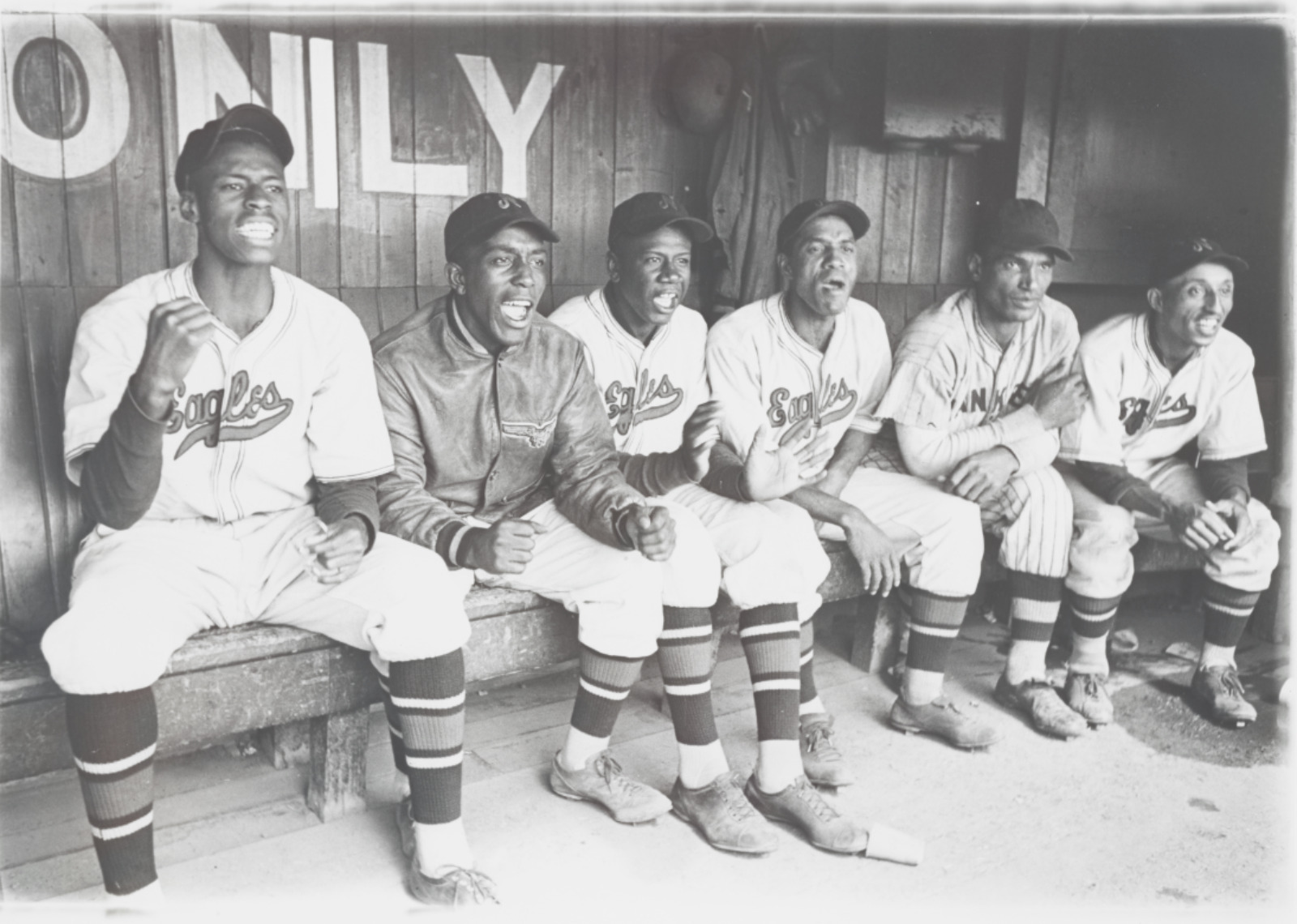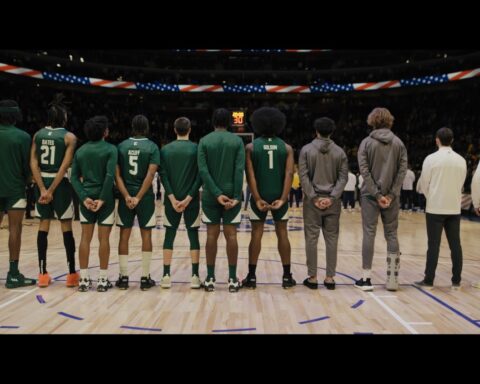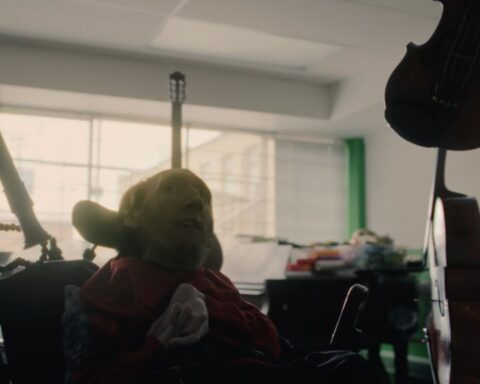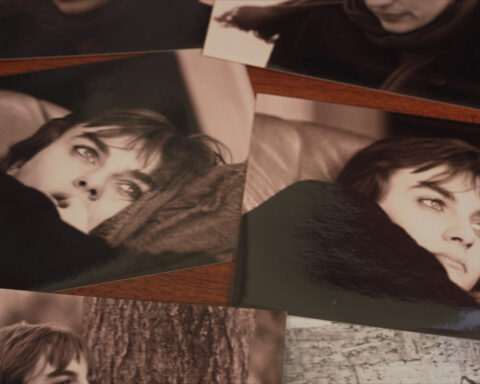The League
(USA, 104 min.)
Dir. Sam Pollard
The eminent Black filmmakers director Sam Pollard (MLK/FBI) and producer Questlove (Summer of Soul) have joined forces to make a fascinating history of the Negro Baseball Leagues, vastly popular sports institutions that attracted huge crowds and featured colourful players from 1920 to 1948. The League uses archival film and photos as well as interviews with former baseball stars including Hank Aaron and Willie Mays, umpires, historians and cultural figures—notably the writers Maya Angelou and Amiri Baraka—to weave a story of Black pride and entrepreneurship made during the depths of racial segregation in the U.S. It’s a documentary of serious purpose, extolling the successes of Blacks when dealing with prejudice, while simultaneously celebrating the joys of great athleticism and sporting heroics.
Pollard is a brilliant editor and producer, who came to prominence working with Spike Lee on the docs When the Levees Broke and 4 Little Girls, is a master in finding and assembling footage in order to tell a compelling story. Along with Questlove, who rose to prominence as a music producer, the film is a treat, weaving indelible images from the Thirties and Forties of crowds entering parks, working in factories, and fighting in World War II with jazzy tunes extolling the baseball prowess of big stars like the homerun hitting Josh Gibson, the lanky maverick Satchel Paige and the man who finally broke the racial colour barrier in 1946, Jackie Robinson. The filmmakers make it clear that the baseball played in the Negro Leagues was different from that of the stodgy all-white Major Leagues: faster, more improvisatory, filled with stolen bases, flashy defensive plays and tricky strategies.
In The League, Pollard tells the complicated tale of a series of baseball leagues, which stretched over decades, with team owners embracing overwhelming successes followed too quickly with terrible defeats. Rube Foster, the great pitcher who evolved into a manager, then an owner and a creator of the first Negro National League, was nearly asphyxiated by a gas leak and never recovered, dying in his early 50s. Gus Greenlee, a numbers runner and racketeer turned philanthropist owned the most successful team of the Thirties, the Pittsburgh Crawfords, but it all unraveled when his star Satchel Paige left for the Dominican Republic with half his team, after the notorious dictator Rafael Trujillo offered the players much higher salaries to move to the Caribbean. The biggest pioneer of all, Effa Manley, the only woman inducted into the Baseball Hall of Fame as an owner, was a civil rights leader who forced white shopkeepers to hire black women on 125th Street in 1930s’ Harlem and propelled the Newark Giants to a baseball championship in the late ’40s, just before Robinson’s Brooklyn Dodgers proved far more attractive to Black customers than their own league.
Pollard’s film tells the story of the owners and such great baseball players as Paige, Gibson, Monte Irvin, Larry Doby, Cool Papa Bell, and Buck O’Neil. Integration proved to be a pyrrhic victory for the Negro Leagues. Manley’s Newark team folded in 1948, a year after Robinson achieved stardom with the Dodgers. A few Negro League players—Doby, Roy Campanella, Don Newcombe, Irvin and, of course, Mays and Aaron—became stars. Astonishingly, Paige entered the Major Leagues with Cleveland and pitched for a winning World Series team at the age of 42.
But those were the few successes. Negro baseball declined quickly and was only a sad remnant by the early ’50s. All the great new players joined the newly integrated baseball leagues—and that’s how it should be. But The League makes it clear that the all-Black sport that flourished between the two World Wars was often brilliant and the spirited owners who made it happen deserve to be celebrated. Thanks to this film and the Negro League exhibit at the Baseball Hall of Fame, the legacy will continue.
The League opens July 14 at Hot Docs Ted Rogers Cinema.













